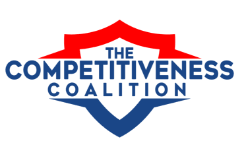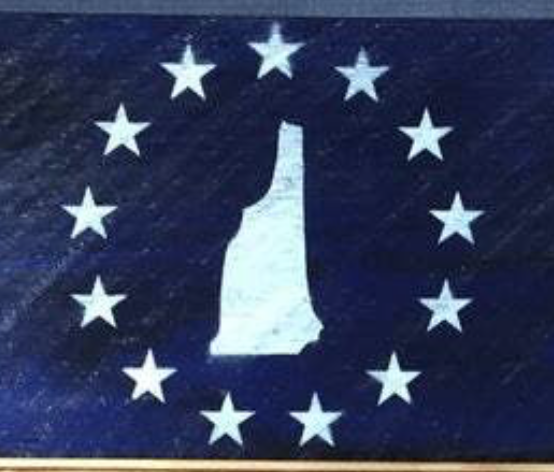Live from the Airport Diner in Manchester, NHJournal presents Diner Table Economics!
Want to hear the specific economic proposals from the people who want to be the next president of the United States? You’ll get it here, straight from the candidates themselves, over a cup of coffee at the iconic Airport Diner.
No “horserace politics,” no “politics of personality,” just a 25-minute conversation about jobs, inflation, taxes, and spending. The policy positions from regulation to tax reform that impact the daily lives of Granite Staters and all Americans.
In this edition, entrepreneur Vivek Ramaswamy lays out his economic agenda. A few highlights:
On the proper role of the Federal Reserve:
“My view is the Fed has far overstepped its bounds. The role of the Federal Reserve should be to stabilize the U.S. dollar as a unit of measurement — period.
“Not achieve an unemployment rate of a specific target, or an inflation rate of 2 percent, for example. The dual mandate, I think, has been disastrous. It’s like the equivalent of playing a game of darts, and you’re trying to hit two targets with one arrow — it doesn’t work. You want to hit one target: dollar stability.
“And I think that’s part of why you haven’t seen real wage growth in the last 25 years. Real wage growth has remained approximately flat. And part of the reason is you have a Federal Reserve that views wage growth as something that’s bad because they treat it as a leading indicator of inflation.”
On how immigration and the economy overlap:
“First, let’s look to our own domestic existing labor supply of people who aren’t going to work. But then, if we really need to supplement that, great. That’s what the legal immigration system is for.
“I want to see us operate and think like a championship team. If you’re a championship team, you’re recruiting the best in every role to your own team. And if you’re missing that role, you go outside to recruit it. That’s the way I look at what our legal immigration policy should look like.
“And merit-based immigration isn’t just a bunch of IT guys in Silicon Valley, which is how it’s been mistakenly viewed. If you look at all of the shortages that we have in this country, many people will say, ‘Well, we can’t secure the border because we need those illegal mass migrants,’ right? Well, we shouldn’t have a system that relies on breaking the rule of law.”
On declaring economic independence from China:
“Today, we depend on China for 95 percent of the pharmaceuticals in our medicine cabinet. Even our own military equipment. Think about that: The F-35 jets that we make in this country, the parts come from Communist China.
That’s unconscionable. We can’t depend on an adversary or enemy for our modern way of life. That was never the case for the USSR. And it shouldn’t be the case for Communist China today.
“Now, how are we going to be able to declare economic independence from China? It’s going to be a combination of onshoring production to the United States and expanded trade.
“Why are people going to China? We have constrictions in this country, climate caps or otherwise, that are actually forcing many businesses to choose to go to places like China. Let’s get rid of that; let them play on a level playing field in the United States. Many of those businesses will absolutely naturally come back to this country.
“But there’s also a role for expanded trade to play a role here. Japan, South Korea. Australia, India, Chile, South America. If we’re really serious about declaring independence from China — and I am — it’s going to take the ability to cut the cord by making sure that we’re not just onshoring in the United States, but also getting really serious [about] expanded trade relationships with certain other allied countries as well.”
Diner Table Economics is sponsored by The Competitiveness Coalition.






